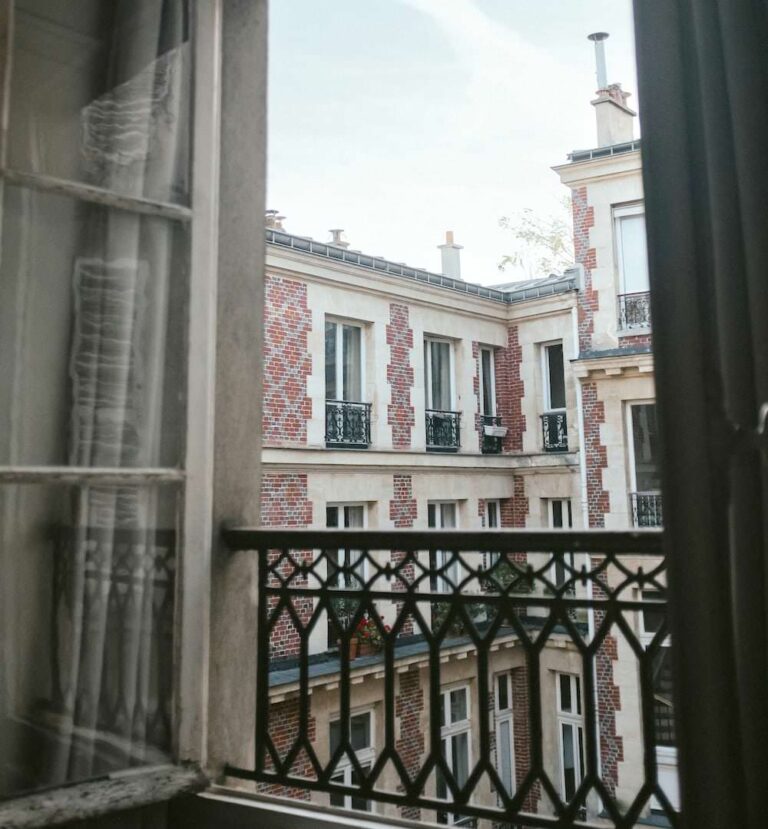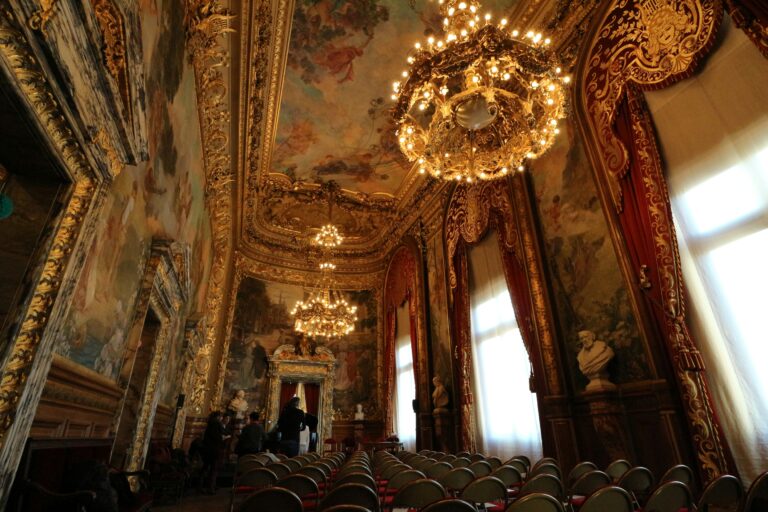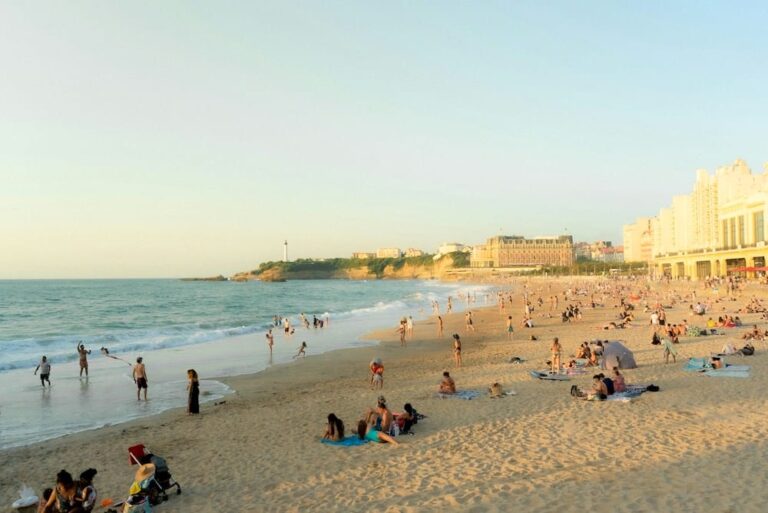après que v2.0
The French phrase “après que” translates to “after” in English and is used to introduce a subordinate clause indicating that one action follows another. While it may seem simple, its proper use in French involves some grammatical nuances.
Key Grammar Rule: Indicative, Not Subjunctive
One of the most common mistakes learners make with “après que” is using the subjunctive mood instead of the indicative. Unlike phrases such as “avant que” (before), which require the subjunctive, “après que” must be followed by a verb in the indicative mood because it refers to an event that has already happened or will certainly happen.
Correct Usage (Indicative Mood):
- Nous avons mangé après que tu es arrivé. (We ate after you arrived.)
- Je partirai après que le film sera terminé. (I will leave after the movie is finished.)
- Elle s’est reposée après que le match a pris fin. (She rested after the match ended.)
Incorrect Usage (Subjunctive – Do Not Use!):
- Nous avons mangé après que tu sois arrivé. ❌
- Je partirai après que le film soit terminé. ❌
Even native speakers sometimes mistakenly use the subjunctive after “après que,” but grammatically, the indicative is the correct choice.
Tense Agreement with “Après que”
The tense used after “après que” depends on the time relation between the two clauses:
- If the main clause is in the present, use the present or future:
- Je vais manger après que tu finis ton travail. (I will eat after you finish your work.)
- Nous irons au parc après que la pluie cessera. (We will go to the park after the rain stops.)
- If the main clause is in the past, use the past (passé composé, imparfait, or plus-que-parfait):
- Elle a pleuré après que son frère est parti. (She cried after her brother left.)
- Ils étaient fatigués après qu’ils avaient marché toute la journée. (They were tired after they had walked all day.)
Common Mistakes to Avoid
- Using “après que” alone without a verb
- Incorrect: Nous sommes partis après que la réunion. ❌
- Correct: Nous sommes partis après que la réunion a pris fin. ✅
- Confusing “après que” with “après”
- “Après” is a preposition and must be followed by a noun or an infinitive verb:
- Après le repas, nous sommes sortis. (After the meal, we went out.)
- Après avoir mangé, nous sommes sortis. (After eating, we went out.)
- “Après que” must be followed by a clause with a conjugated verb.
- “Après” is a preposition and must be followed by a noun or an infinitive verb:
Summary
- Always use the indicative mood, not the subjunctive.
- Ensure proper tense agreement based on time sequence.
- Do not confuse “après que” with “après.”






